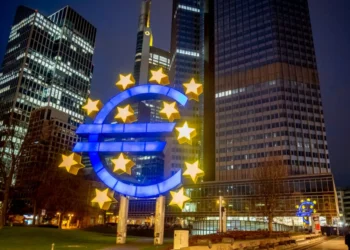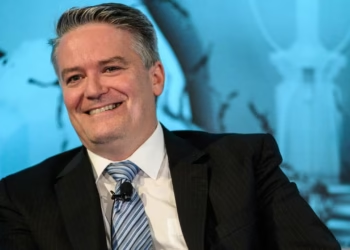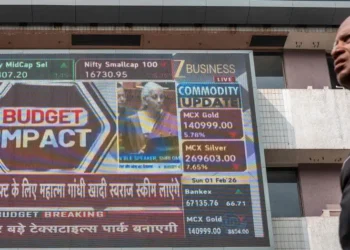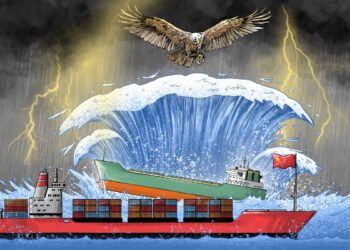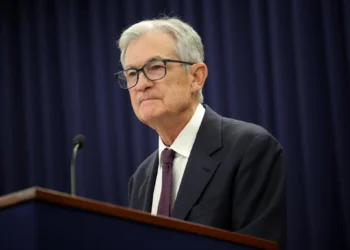HONG KONG (Realist English). Cosco, China’s state-owned shipping giant, is seeking a 20–30% stake in a proposed $23bn ports acquisition, which includes strategic terminals near the Panama Canal. The demand comes as Beijing moves to assert influence over a sale originally celebrated by US President Donald Trump as a win for American interests.
Two people familiar with the negotiations told Realist English that Cosco stepped in after an exclusive window for BlackRock and MSC — the Swiss-Italian shipping group — expired on July 27. The original plan involved a joint bid for 43 ports controlled by Hong Kong tycoon Li Ka-shing’s CK Hutchison, including two key terminals in Panama.
Now, under one scenario being discussed, Cosco would secure equity in 41 ports — with the two Panama terminals possibly excluded to avoid further political friction. These two ports had been touted by Trump in March as a symbol of US resurgence in the region. “We’re taking back the Panama Canal,” Trump said at the time, hailing BlackRock’s involvement as evidence of renewed American control.
But the announcement sparked sharp backlash in Beijing, where officials described the deal as a threat to China’s national interests and demanded it undergo merger review by the State Administration for Market Regulation (SAMR) — despite the absence of Chinese onshore assets in the transaction.
In response, CK Hutchison confirmed it would continue negotiations but acknowledged that the deal would require the inclusion of a “major Chinese investor” to win regulatory approvals. “Changes to the membership of the consortium and the structure of the transaction will be needed for the transaction to be capable of being approved by all relevant authorities,” the company stated in a filing.
According to sources, Cosco is the only Chinese firm approved to participate, effectively giving it veto power over the final shape of the deal. That leverage has shifted the dynamic between Cosco, BlackRock and MSC. “It has become all about how to make Cosco happy,” one person close to the talks said.
The original deal structure would have given BlackRock control over the two Panama ports, while MSC — led by the Aponte family — would take majority stakes in the remaining 41 terminals, including assets in Europe, Southeast Asia and the Middle East.
Beijing’s opposition reportedly turned BlackRock into a political liability, sources said. While French shipping group CMA CGM has expressed public interest in the assets, no other parties besides Cosco are currently in formal discussions to join the consortium.
Neither BlackRock, Cosco, MSC, CK Hutchison, nor Chinese government bodies responded to requests for comment.
The deal — initially framed as a strategic win for Washington — now hangs in the balance. Cosco’s last-minute demand for equity reflects Beijing’s desire to retain a foothold in global port infrastructure, especially in regions like Panama, where maritime control has deep geopolitical implications.
This is more than a commercial negotiation — it’s a proxy contest over global influence. For Beijing, conceding control over key maritime nodes like the Panama Canal would signal retreat. For Washington, Cosco’s entrance turns a high-profile “win” into a test of how much leverage the US truly holds in global infrastructure politics.



